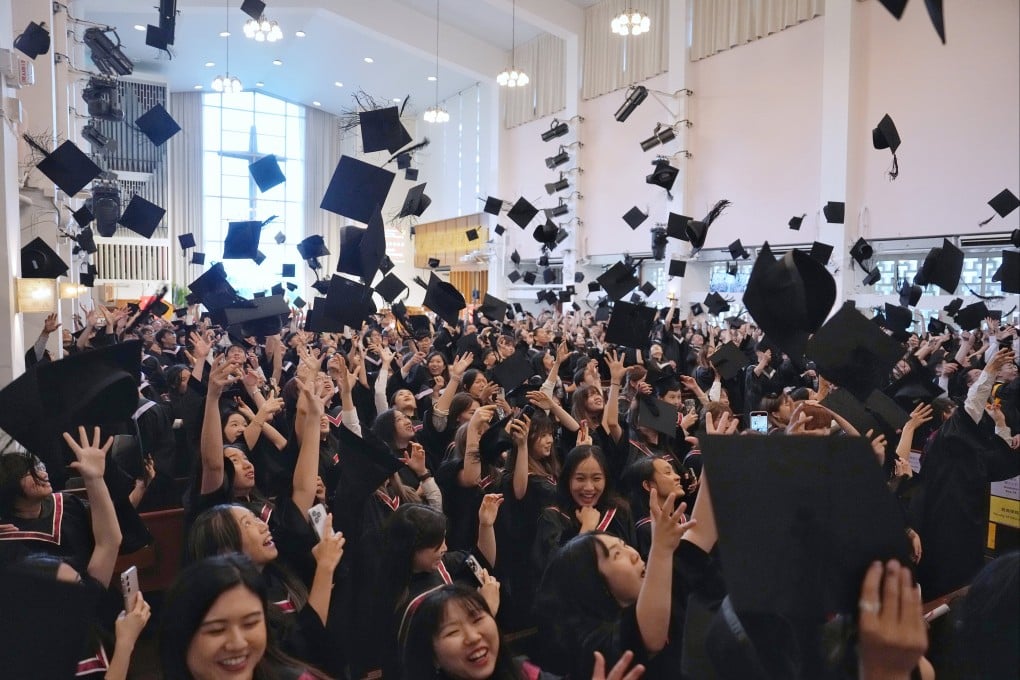Letters | Inspire Hong Kong’s young people to dream by just giving them a chance
- Readers discuss the best ways to support young people, how Hong Kong should use its tourism dollars, and the importance of gender diversity and expression in sports

The survey, conducted by researchers at Hong Kong Shue Yan University’s Department of Sociology, highlights a worrying trend among the youth in Hong Kong. As the chair of the Child Development Initiative Alliance, a non-governmental organisation dedicated to helping young people identify their career aspirations and life paths, I find these findings particularly alarming, especially in light of the current talent shortages across various business sectors.
The sense of confusion and despair is more acute among young people from working families who often lack social capital to shape their desired futures. Many resign themselves to a fate of unhappiness and relentless toil, while only a few manage to break through these barriers.
Nurturing career-related competency can significantly boost young people’s self-confidence and optimism about their future. This, in turn, enhances their chances of success in pursuing their life goals.
The rapid changes in today’s world mean that the experiences of older generations may not be directly applicable to the youth. For instance, what was once a leisure activity –digital games – has now become a part of a lucrative career in e-sports. Other emerging fields like artificial intelligence, intellectual property management and pet-sitting also require us to adopt a more open and respectful approach when guiding the youth.